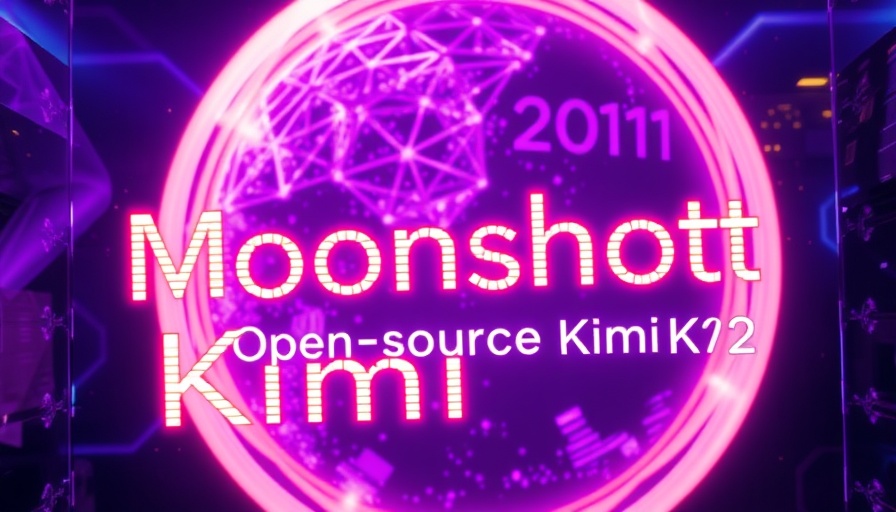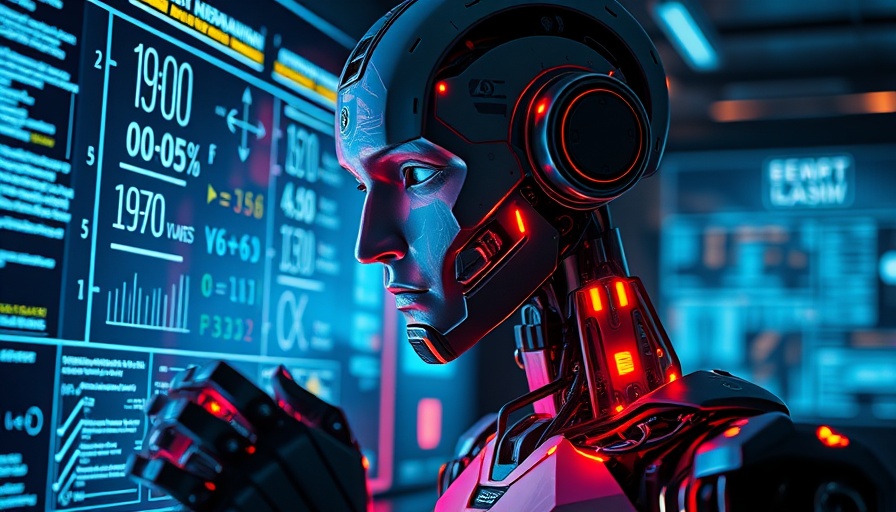
The Dawn of a New Era in Film and Broadcasting
The recent announcement by Midjourney of its AI generative video model marks a pivotal moment in the landscape of film and broadcast production. Designed to leverage the latest advancements in artificial intelligence technology, this model is set to reshape how content creators generate video content, ushering in new forms of storytelling and visual experiences. Given the borders traditionally imposed by time, cost, and resources, such innovations promise not just efficiency but an exponential expansion of creative possibilities.
How AI Technology is Revolutionizing Creativity
The generative video model is not merely a tool for content creation; it embodies a greater shift towards the democratization of creativity. AI's capabilities in generating high-quality visuals—previously only possible with extensive production resources—now empower independent filmmakers and content creators. This technological leap invites a diverse range of voices, fostering a rich tapestry of narratives across genres and formats. As a result, we're likely to witness groundbreaking storytelling that reflects more varied cultural perspectives.
Beyond the Screen: Societal Implications of AI Innovations
The implications of this advancement extend beyond entertainment. As AI technology continues to evolve, it raises critical questions about authenticity, authorship, and the ethical ramifications of automated content generation. With audiences increasingly exposed to AI-generated visuals, there is a pressing need for transparency regarding the sources and methodologies behind these innovations. This evolution compels stakeholders—filmmakers, viewers, and regulatory bodies alike—to engage in meaningful discussions around the ethical use of AI in creative domains.
The Future of Film and AI: A Collaborative Approach
Looking ahead, the relationship between AI and film will continuously adapt. By embracing AI-powered solutions, filmmakers can enhance their creative processes and streamline production workflows. However, this shift does not eliminate the need for human input. Rather, it offers a collaborative partnership between technology and artistry, challenging traditional paradigms of film production and inviting filmmakers to leverage AI while maintaining their unique artistic vision.
As technology evolves, let’s remain vigilant and curious about how these advancements will shape the narratives we encounter. The question is not just what these innovations can do but how they will redefine our perception of creative expression. The future of AI in broadcasting isn’t merely about replacing jobs or processes; it’s about enhancing our collective creativity and approach to storytelling.
For anyone keen on the intersection of technology and creativity, staying updated on AI trends and breakthroughs will be essential. What will the next frontier hold? Join the conversation and explore the potential that lies ahead.
 Add Row
Add Row  Add
Add 




 Add Row
Add Row  Add
Add 



Write A Comment